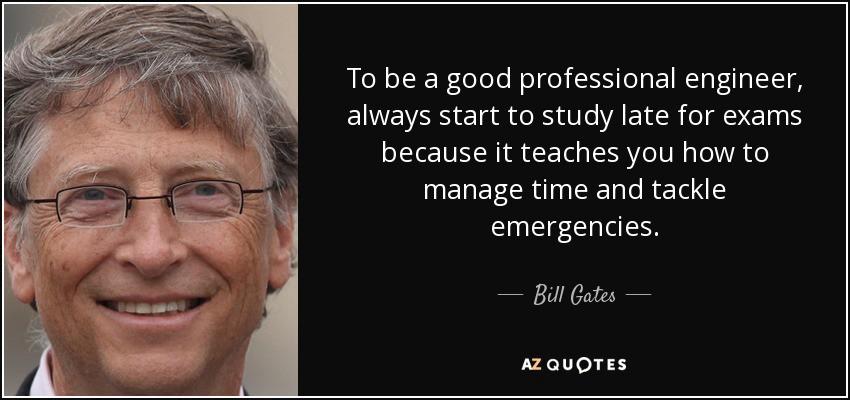April 22, 2017
Ultimate (Anti)-Guide For The Exams: How procrastination can help you study according to psychology

I can feel your despair. That is why today’s article is a list of tips that will potentially help you achieve your revision goals.
The Benefits of Procrastination
Okay, avoiding procrastination is one thing. And everybody already knows what should be done to avoid that (like turning off your phone, notifications, Facebook, and stuff…).
But instead of what everyone knows, I want you to learn about some of the positive aspects of effective procrastination, and how you can turn procrastination to your advantage thanks to psychology.
As Adam Grant puts it, if procrastinating is a vice when it comes to productivity, it can be a virtue for creativity.
“You call it procrastinating. I call it thinking.” Aaron Sorkin
Adam Grant and his team designed some experiments: They asked people to generate new business ideas. Some of them are asked to do the task right away. Others we randomly assign to procrastinate for either five or 10 minutes. The results? The moderate procrastinators are 16 percent more creative than the other two groups.
The fact is when you’re told that you are going to be working on a problem, and then you start procrastinating, the task is still active in the back of your mind. Procrastination gives you time to consider divergent ideas, think in nonlinear ways, and make unexpected leaps.
Take Leonardo da Vinci. He toiled on and off for 16 years on the Mona Lisa.
The takeaway? Procrastinating will not help you learn. But, if you start right now, and focus on the first steps as soon as possible, like reading the materials once, and starting the first paragraph of a long final report, it might help your mind to be more effective during your procrastination. And more efficient when you start working seriously again.
For more, watch Adam Grant on procrastination on TED, or read his book Originals.
The Benefits of Sleeping
Sleeping helps you learn. It is part of the assimilation process. Taking a nap during your studies is going toward your goal. It is effective. And it also helps you be more efficient after some rest! (By the way, effectiveness is doing things that get you closer to your goals. Efficiency is performing a given task in the most economical manner.)
The Pareto’s Law (80/20 principle)
With Pareto, you can achieve the same results of one entire day of study (5 hours) in only 1 hour. How does the magic work?
The 80/20 principle can be summarised as follows: approximately 80% of the outputs result from 20% of the inputs.
It can be observed in a lot of different fields: 80% of company profits come from 20% of the products and customers, or 80% of wealth and income is produced and possessed by 20% of the population.
And if you apply this before exams:
80% of your final grade could be obtained with 20% of your work (have you ever noticed that before?)
In other words, ask yourself what are the most critical 20% of the materials and then focus on that. Your objective now is to pass, not to learn (you had one semester for that…). And 20% means roughly that you ignore 4 pages for every 5 pages — it is a big deal.
Use this method particularly if you are short of time, or if you struggle with one specific subject. Time is precious. Save some with Pareto to spend it effectively. Thank me later.
The Parkinson Effect
Parkinson’s Law dictates that a task will swell in importance and complexity in relation to the time allocated for it. If I give you one day to complete a task, the time pressure forces you to focus on execution, you have no choice. If I give you a week to complete the same task, it is 6 days of making a mountain out of a molehill…

To be a good professional engineer, always start to study for late exams because it teaches you how to manage time and tackle emergencies.
Use short and clear deadlines for your revisions. Shorten work time to limit tasks to the important.
Practically, ask yourself “If this is the only thing I study today, will it be okay?”. Do not ever start studying without a clear list of priorities. Focus only on a few things. If possible not more than 2 subjects per day.
Do not multitask
Multitasking is bad for productivity. We think because we’re good at switching from one task to another that that makes us good at multitasking. But having a great ability to lose focus is not admirable. Some studies have found that multitasking reduces your productivity by 40%. It just makes us feel productive. Prioritize each task instead.